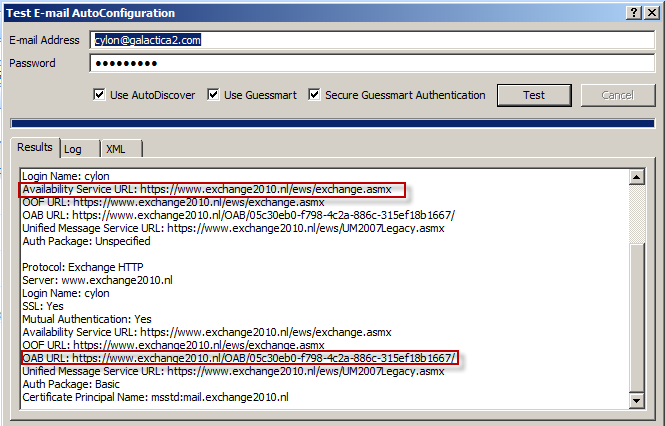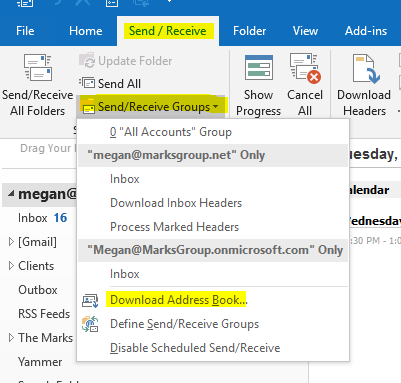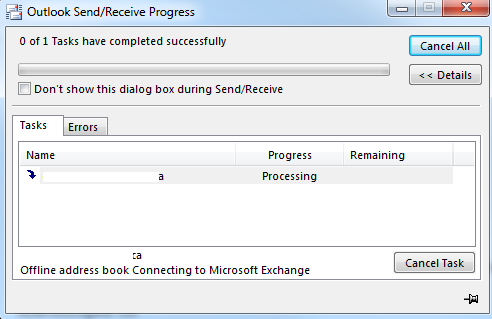
Now that we have an Environment Backup, let's proceed with the steps to fix your environment.Īs DNS is a vital component in any network, please make sure that Split-DNS is setup first before doing anything else. NOTE: If you get errors on the Resolve-DnsName commands, please use the following NSLookup Commands instead.

Resolve-DnsName -Type A -Name -Server 8.8.8.8 Resolve-DnsName -Type TXT -Name -Server 8.8.8.8 Resolve-DnsName -Type MX -Name -Server 8.8.8.8

Get-SendConnector | Where-Object | fl identity, user, *rights Get-WebServicesVirtualDirectory | Format-List Get-PowerShellVirtualDirectory | Format-List Get-AutodiscoverVirtualDirectory | Format-List Get-ActiveSyncVirtualDirectory | Format-List The Start-Transcript/Stop-Transcript lines will output all of this to a text file in the current folder, as well as on screen. Don't forget to change the RESOLVE-DNSNAME commands at the bottom so that they reflect your current OWA URL hostname and the Autodiscover record for your external domain name. Run the following commands in Exchange Management Shell to backup your configuration. If you are on Exchange 2007 or 2010, and you do not have OutlookAnywhere enabled, enable OutlookAnywhere and follow this guide.įirst thing is first, make a backup of your environment's configuration.

For Exchange 2013+, OutlookAnywhere is a requirement and Split-DNS is Best Practice. OutlookAnywhere and Split-DNS are vital for future-proofing your Exchange configuration and making it work properly now, regardless if you use Exchange 2007, 2010, 2013, or 2016. You need to make sure your OutlookAnywhere and AutoDiscover settings are setup properly along with Split-DNS.


 0 kommentar(er)
0 kommentar(er)
